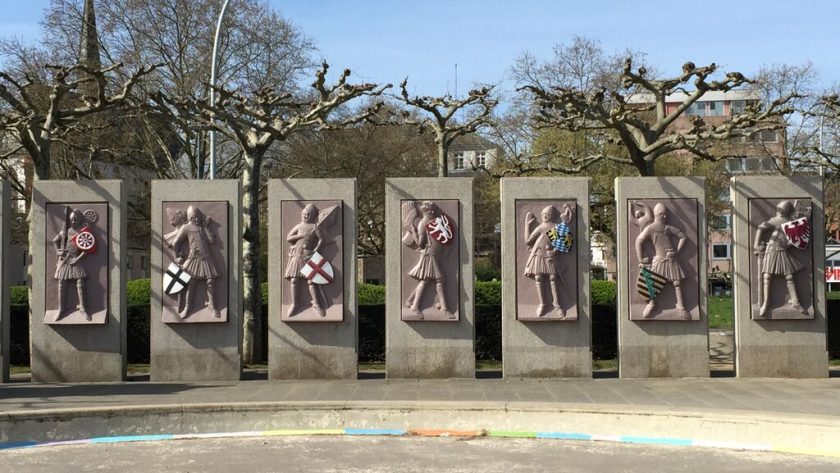When engaging in an executive coaching relationship, there are many approaches and methodologies. Often during coaching there are several methodologies in use at one time.
For example, consider two different approaches to coaching: holistic vs. job. Some executive coaches only discuss the work. Others also are open to addressing personal issues because they impact the work. A significant factor here is whether the coach has effectively opened the door for personal issues to be addressed. Harvard Business Review says that 76% of the time in executive coaching relationships personal issues get addressed.
Assessments of one or more types are often completed in advance of the actual coaching – whether by an organiz ation, a consultant, or a coach who is also certified in that particular assessment tool. As a point of awareness, research shows that doing a 360 assessment without coaching has a negative impact. With coaching the 360 assessment provides information, creates awareness, and becomes an opportunity for creating meaningful change. Assessments are effective
ation, a consultant, or a coach who is also certified in that particular assessment tool. As a point of awareness, research shows that doing a 360 assessment without coaching has a negative impact. With coaching the 360 assessment provides information, creates awareness, and becomes an opportunity for creating meaningful change. Assessments are effective
tools when used appropriately.
Defined objectives: sometimes a company has defined objectives or specific outcomes they want from the coaching relationship. Sometimes the executive knows exactly what they want to accomplish. If this is unclear, the coach works with the sponsor (the company) and, of course, with the client to determine what they want to accomplish through coaching.
Co-create the Process: coaches often work with the client to choose their focus during the relationship, and during each session, and also to determine how to best partner in moving the client forward.




